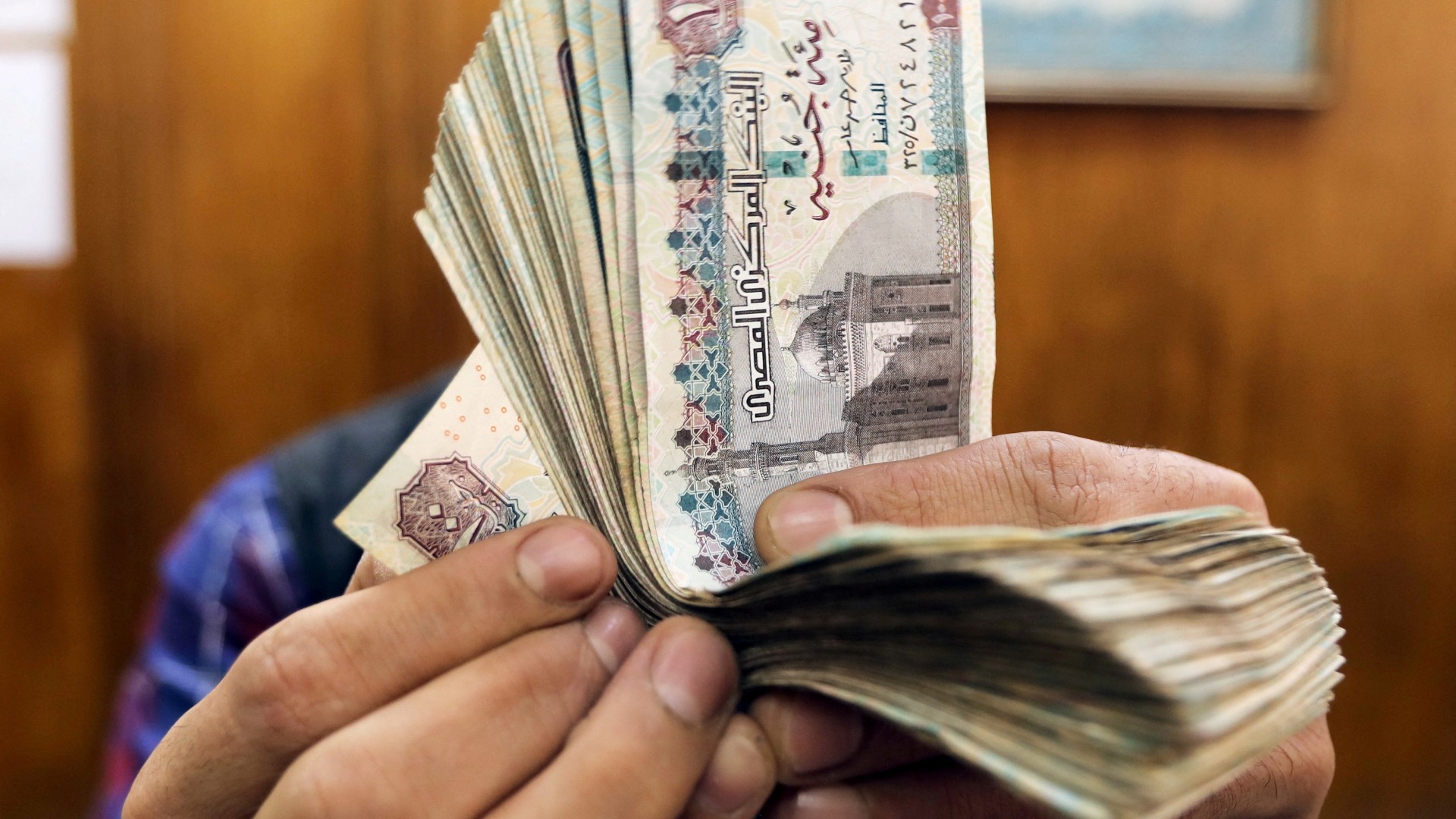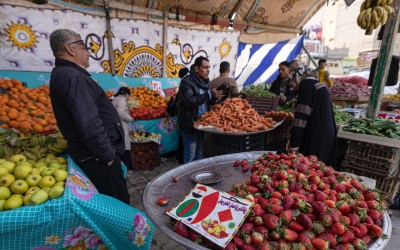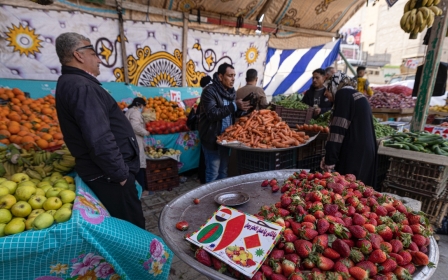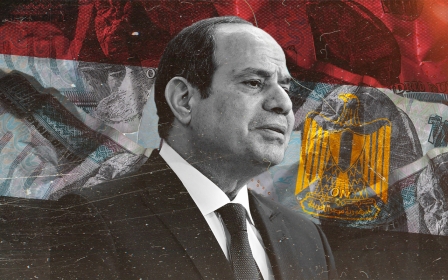Egyptian pound plunges again as government makes painful IMF adjustments

Egypt's currency plunged again on Wednesday, hitting a new low against the US dollar at below 32 pounds.
The country forged ahead with the planned devaluation after winning the backing of the International Monetary Fund. As a result, the pound now is almost on par with the prices quoted on the country's black market.
The currency drop of over 10 percent was the largest single fall since late October, as Egyptian authorities seek to move towards a floating currency regime.
The pound plunged 40 percent against the dollar in 2022 - one of the worst performances of an emerging market currency last year. It continues its losing streak in 2023.
The latest government efforts to devalue the currency are an attempt to stamp out a parallel exchange market that has emerged beyond the state's control, amid a growing foreign exchange crisis in recent years.
The IMF on Tuesday gave details of a $3bn rescue package for Egypt, including details about the country's move towards a flexible foreign exchange. It also greenlit interventions by the central bank, which it said would be "guided" by the need to smoothen market volatility.
As part of the agreement, Egypt has also agreed to loosen the military's grip on the economy.
The deal calls for Egyptian state-owned enterprises to open up their opaque books, the privatisation of many state-owned assets, and for the government to slow spending on public projects.
Egypt's military has historically played an outsized role in economic life. A one-time general, President Abdel Fattah el-Sisi rose to power following the overthrow of former President Mohamed Morsi. He doubled down on the military's control of the economy in a bid to stem the turmoil that followed the 2011 revolution.
Egypt's currency crises
Currencies like the US dollar, euro or British pound trade freely, meaning their value in relation to rival currencies is determined by buyers and sellers agreeing to a price on the market.
Not so for Egypt, where the government has tried to manage the pound's rate of exchange. Between 2018 and 2021, a buyer could be confident that one US dollar would buy about 16 Egyptian pounds at the official rate of exchange.
Brad Setser, a fellow at the Council on Foreign Relations and an expert on global trade and capital flows, told Middle East Eye earlier this month that "Egypt doesn't have the foreign exchange reserves or foreign inflows to maintain a fixed exchange rate", hence the need to allow the currency to float.
"Egypt has held its exchange rate at an artificially high level, at the same time they have huge debts coming due in dollars," Patrick Curran, a senior economist at Tellimer Ltd, a firm that specialises in emerging-market research, told MEE.
"People we have as clients aren't going to put their money into the country until the exchange rate is at a market clearing level," Curran added.
"Markets are still pricing in 20 percent depreciation over the next year and the currency is trading below the black market rate."
In recent months Egyptians have increasingly been hoarding as much gold as they can, and trying to protect their savings, as their national currency continues to lose value against foreign currencies.
The stampede for gold has sharply raised its price in the local market, prompting specialists to warn against what might turn into a gold price bubble.
Middle East Eye delivers independent and unrivalled coverage and analysis of the Middle East, North Africa and beyond. To learn more about republishing this content and the associated fees, please fill out this form. More about MEE can be found here.






